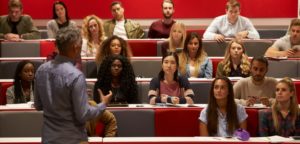
Helping Students Be Responsible
An increasing number of students seem to struggle with meeting deadlines. Some students have a challenging time following instructions or assignment directions, while other students pay little attention to when or where they will be taking their midterm or final exams.
What contributes to a











